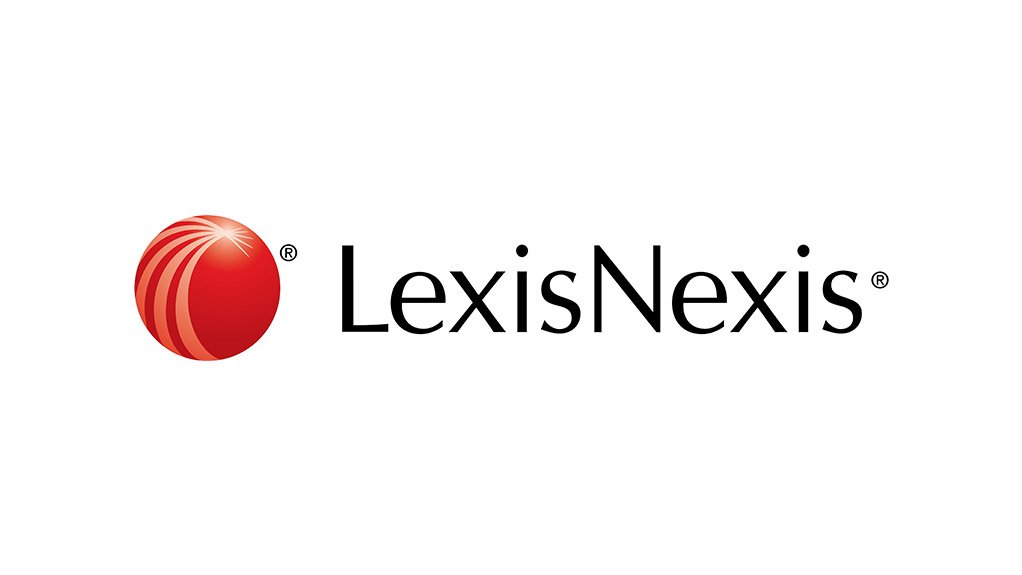Author: Income Tax in South Africa: Commentary (ITSA); Concise Guide to Tax Administration; Concise Guide to Capital Gains Tax; Concise Guide to Employee Taxation; Concise Guide to VAT and Concise Guide to Tax in Namibia.
Contributor: Tax Planning - Corporate and Personal
With over 7 publications and 220 articles to his name, David Clegg is undoubtedly one of South Africa’s most prolific tax authors. We touched base with him to find out more about why he chose this career path and what advice he can give to others embarking on a career in tax.
When did you first start writing and what inspired you?
I’ve always been a wordsmith (being a lawyer by training) and writing articles is little different from writing anonymised opinions, so I started writing for Tax Planning from its second issue in about 1981. I think I have written somewhere around 220 articles for that and other tax journals, as well as for the business press, over the years.
So far as books are concerned, I volunteered to write a book on General Sales Tax (the precursor to VAT) when it was introduced in1978, for my firm Arthur Young (now EY). This was followed by other EY publications on Fringe Benefits, VAT and CGT, as well as a general taxation overview on Namibian income tax and Sales tax, for our Namibian firm. All of these, in much expanded form, are part of the LexisNexis Concise Guide series.
They are interesting books, because they deal with every substantive provision in the legislation they cover, without becoming overly academic or verbose, but with practical insight. In order to improve readability and technical usefulness they use footnotes to cross-reference every statement made to the provision concerned, so that the reader can follow through with his or her own reading to understand the detail underlying what I have said. But I avoid quoting the Act in the text. It’s a formula which is unique in my experience – other books which adopt a similar ‘guide’ approach, either leave some provisions out of the discussion entirely because they are too esoteric, or do not cross-reference adequately to the legislation (or both). Most of the Concise Guides also contain extracts from the most commonly referenced parts of the legislation on the subject concerned, in an appendix, so the reader doesn’t often have to lug a weighty Act along with him to a meeting.
In 1991 I wrote Tax Law through the Cases which was the first tax case book in the South African market. I became involved with Income Tax in South Africa (ITSA) in the early 2000s through my colleague Rob Stretch, and we remain co-authors to this day.
How many titles have you now published?
Seven which are wholly my own work, and ITSA which still contains a large component of the original author’s material, although this continues to be replaced or added to as legislation and case-law changes.
What are the biggest obstacles you’ve encountered?
South Africa is a small market and there are probably too many publications chasing too few customers. But from my perspective, writing is a great way of staying on top of things and it’s very satisfying as a practicing consultant, to be able to share the practical issues that I come across every day, with an appreciative readership.
Did you find it easier to find time to write now or when you were in practice?
There’s not really much difference, since although I retired from EY eight years ago, I am still very active as a consultant, mostly for second opinions or as a sounding board for other professionals.
How do you continue to keep up to date and up to speed with developments in tax?
The need to continually study new legislation in order to update my books and deal with practical issues as a consultant, does that automatically.
What do you see as the biggest obstacles facing tax practitioners today and any advice you would give them?
The sheer volume and complexity of legislation is the biggest problem. This can lead to over-specialisation and consequent tunnel vision for many consultants. It is very difficult these days to be a generalist. It was easier for me and those of the generation following, who saw the complexities in law come in over a period, so we could devote sensible time to becoming properly familiar with new tax types and complex provisions (think VAT and s24J ITA, for example). But starting a career today and trying to become properly competent in all aspects of income tax (including CGT) and VAT is just too much of an ask. Having said that, too many youngsters (I include everyone from age 45 down!) simply do not apply the rigorous analysis that they should, when considering new legislation in particular. And they seem too often to view case law as some exotic garnish rather than the essential tool that it is. But maybe that’s a dinosaur speaking!
What I will say, is that I have had a wonderful career, met some marvellous and interesting people, including many in SARS and other government departments, made some lifelong friends and done a fair bit of education and travelling, to share what I know and to service clients. I wouldn’t have changed it for the world.
David Clegg – BComm LLB BComm (Hons), Advocate of the High Court of South Africa. Former National Tax Technical Partner, Ernst & Young Advisory Services.
EMAIL THIS ARTICLE SAVE THIS ARTICLE ARTICLE ENQUIRY
To subscribe email subscriptions@creamermedia.co.za or click here
To advertise email advertising@creamermedia.co.za or click here











